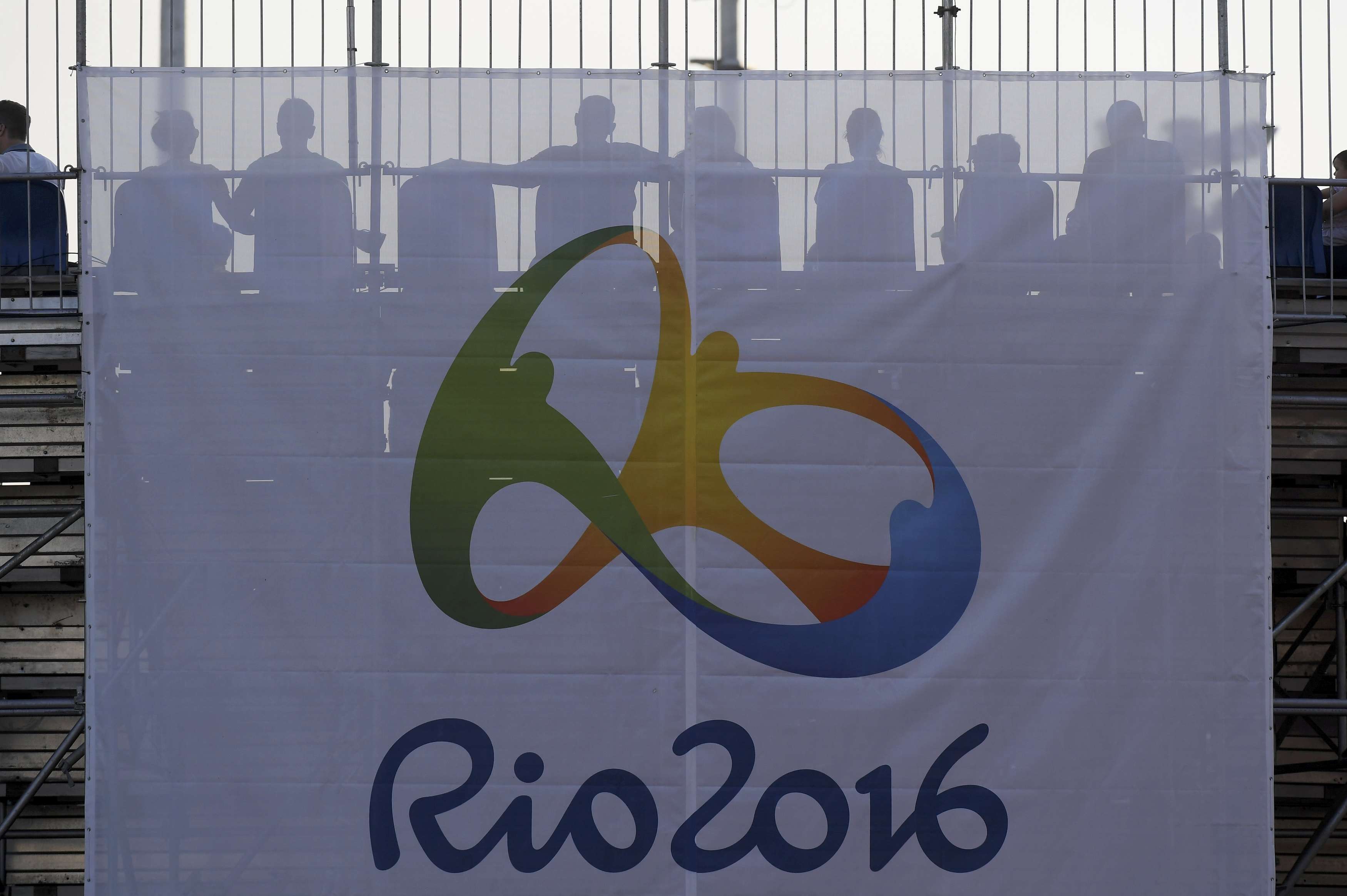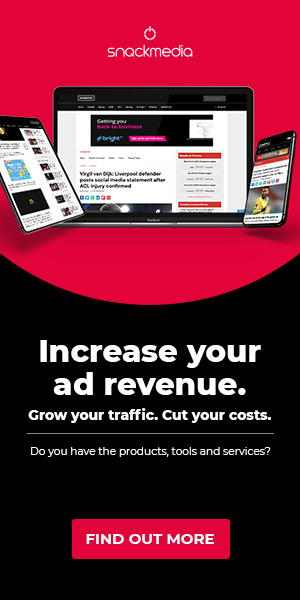Coca Cola at ‘competitive disadvantage’ thanks to its sponsorship deals
Ambush marketing seems to be a growing trend at every major sporting event these days.
The official sponsors pay big money to sponsor a competition, but their activations – the digital or advertising content they produce around the event – must fall within certain conditions. You have to be cautious if you sponsor an event; you don’t want to anger the organisers.
There’s no such problem, though, if you’re not an official sponsor. You can be as aggressive as you like in your marketing or advertising strategy, and if the content is good enough, people will still respond to it. After all, if they’re watching the event, your ad will still be relevant.
That’s why the results of a poll released during Euro 2016 showed that more people thought Nike was an official sponsor of the tournament than most of the actual sponsors. Nike just seem like a sponsor, don’t they? They’re big, ubiquitous, and many of the best players were kitted out in Nike gear.
And one of the ubiquitous (and actual) major sponsors of the Euros as well as the Olympic games, Coca-Cola, is suffering from the problem. Bobby Brittain, the former marketing director of Coca-Cola GB has lamented the company’s approach to the problem of ambush marketing.
“The model just does not function partly because whether you are hosting the games or not, competitively the easiest job in the world is to be the Pepsi marketing director,” he told an audience at The Oystercatchers Club Panel last week. “This is 2016 so Coke has got the European Championships from April to July then we’ve got the Olympics so we will do a ton of price promotion and we will ambush everything going in that period.”
“It is utterly predictable the plan that Coca-Cola has in that period. So from that point of view it’s a competitive disadvantage actually in many ways to be known as one of the top sponsors.”
It’s true that everybody in the industry knows that Coca-Cola will be a major sponsor of the biggest sporting events, and they know how to combat it. The sponsor is spending money for the privilege of being the sponsor, and it is then spending again in order to carry out its own activations. The non-sponsor, meanwhile, only has to spend on marketing, and isn’t constrained to being fairly banal about it. Non-sponsors can do more, they have more money to spend, and they are marketing to exactly the same audience.
It’s no wonder Coca-Cola see themselves at a “competitive disadvantage”. They are. But it’s surely only a matter of time before the major events take major action on this. This year we saw the IOC impose strict measures over the Rio 2016 Olympics. But even then, non-sponsors Under Armour – who made the Team USA’s kit – stole the show in terms of advertising.
The question now is why would any big company want to sponsor a major sporting event? Other than the prestige it brings to your brand, there really is no reason. You’re going to spend a ton of money just to watch your main competitors get more exposure, and it may not even be clear to the public that you even are an official sponsor.
And the losers will eventually be the sports themselves: if no one wants to actually sponsor the Olympics or the World Cup in favour of just creating their own marketing campaigns around the event instead, then sport may not be as big a business in 20 years.
About author
You might also like
SPORTEL 2021: Day One Recap
This year’s prestigious SPORTEL convention kicked off in sunny Monaco today, welcoming a host of familiar faces as well as plenty of new ones. Doors opened at 8:30am with businesses
Six Founding Riders Set To Bring The Vision Of The UCI Track Champions League To Life
Olympic Champions, UCI World Champions and World Record holders join the new track cycling competition debuting in November 2021 The UCI Track Champions League is delighted to announce that six
Sports related spending to soar this summer as pre-pandemic life resumes
New insights from eBay Ads UK reveal the potential for brands to engage with an excited but nervous nation as sports events get back on track As pubs and indoor








